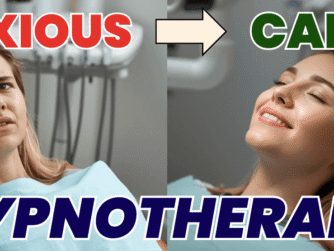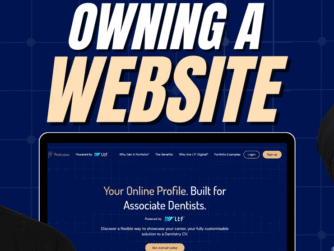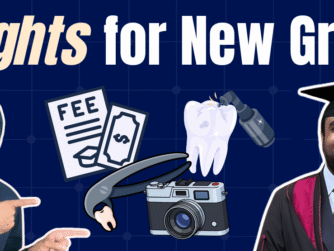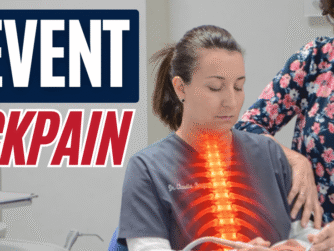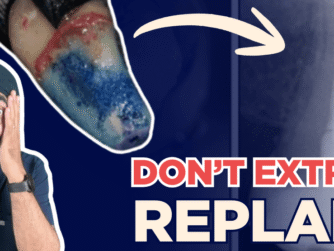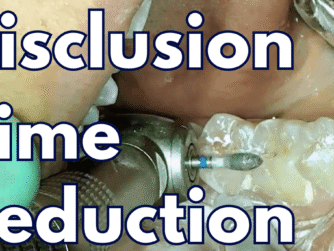Podcast: Play in new window | Download (Duration: 41:38 — 59.6MB)
Ah, the things we wish we could tell our younger selves! This week, I’m chatting to the fantastic Dr. Alan Mead from Michigan, USA – better known as the host of the Very Dental Podcast. We’ve come together to talk about our top 5 things we wish we knew when we first started our dental career. Alongside the clinical gems, we’ve got great advice on maintaining top-notch mental health, nailing your priorities, and acing that elusive work-life balance.
For all things very dental, have a listen to Dr. Mead’s podcast, “The Very Dental Podcast”:
- @very_dental_podcast on Instagram
- Very Dental Facebook Group
- www.verydentalpodcast.com
We’re still striving to gather the money that Nafisa needs in order to receive life-saving treatment. If you can, please consider making a donation, and every share also means the world to this family – Fundraiser by Mufaddal Adamji : 1 year old Nafisa with SMA type 1 (gofundme.com)
Need to Read it? Check out the Full Episode Transcript below!
Highlights of the episode:
00:00 Intro
01:01 Dr. Alan Mead
03:14 The Very Dental Podcast
05:16 You are not your career
10:32 Don’t commit to working Saturdays
13:33 Things to avoid
17:08 Things to pursue
22:39 Work to learn
24:25 The internet
27:05 Understanding people
28:56 Magnification and light
32:04 Sectioning teeth
34:16 Private dentistry
40:34 Outro
If you liked this episode, you will also like IC037 – Personal Sacrifices
Did you know? You can get CPD from the Web App or Phone App and watch premium clinical videos, for less than a tax deductible Nando’s per month?


